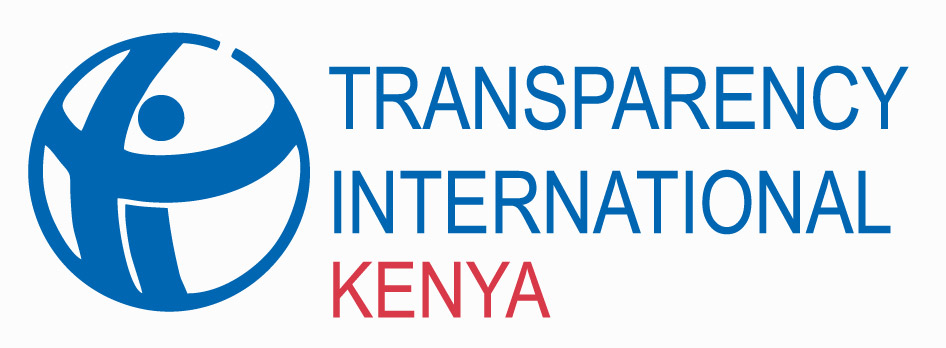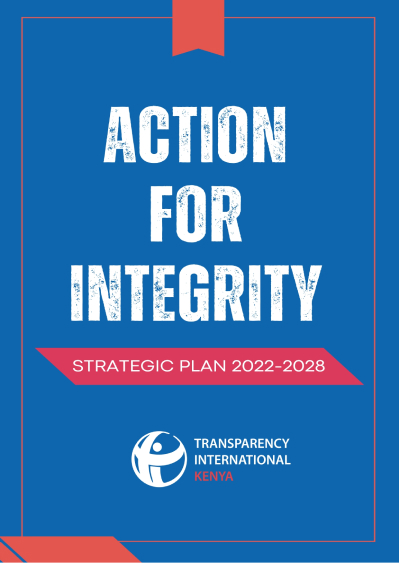BY SULEIMAN BASHIR
The concept of digitization of the Land in Kenya began in 2013 to give effect to Sections 9 and 10 of the Land Registration Act 2012. Section 9 gives the Registrar of Lands the mandate to maintain the register and any document required in a secure, accessible and reliable format which includes amongst other ways, electronic files. Section 10 on the other hand, places emphasis on the accessibility of the register by members of the public by electronic means amongst others.
Hon. Charity Ngilu, the then Cabinet Secretary for Lands began the process of digitization of the land registry. The exercise aimed to bring efficiency and transparency in the land sector in Kenya. This marked the commencement of digitization of 57 land registries which had been keeping manual records since 1895.
“Developing a file tracking system for all settlement plot files meant there will be efficient allocation of settlement files..”
The computerization initiative was meant to improve service delivery by dealing with documents disappearance, failed file tracking system, tattered records in the land registries, poor Ministry image and long timelines of service delivery among other challenges.
The automation also meant the reconstruction of records registered under Government Lands Act (GLA) regime which were in a poor state, making it extremely difficult to conduct searches. It also includes the creation of a property data base system such that a property value data base is created at the valuation division of lands.
Developing a file tracking system for all settlement plot files meant there will be efficient allocation of settlement files; reduction in time taken to retrieve settlement plot files for action; reasonable timelines in all settlement transactions and reduced cases of missing file and an integrated and unified form makes the procedures run simultaneously.
The automation also involves the creation of a Document Management System (DMS) for all approved physical development plans in the country so as to reduce time taken for vetting and verifying plans submitted for approval by the County physical planners and time taken by officers, professionals and members of the public to access and retrieve any authenticated survey plan; provide easy storage; provide security and back up in the event of loss and to provide a survey plan that can be used by many officers at a time for quality control checks.
Further, it entails developing a Document Managing System for Land Title Documents Records that is scanning, indexing and archiving of deed files, land rent cards and green cards. There was also the development of a Land rent information database system handling payment of land rent and issuing demand notices. It also involves the production of digital topographical maps; establishment of the Kenya National Spatial Data Infrastructure aimed to create a platform of discovery and access of spatial information to facilitate data sharing through the internet; and creation of a land information for informal settlements meant to map out informal settlements.
The automation programme has stalled due to various challenges including torn and missing land records; issue of capacity building; poor working environment; poor staff attitude; lack of integration by the department; use of outdated procedures and practices. This in turn has affected the general public and professionals who count on efficiency in the land registries. Despite the challenges, there is hope going by countries that have taken this path. The United States, for example, has been successful in digitizing land records.
Digitisation is a blessing because it is faster and more flexible, convenient, saves money wasted on managing the paper records, provides long term preservation of records than papers and It allows sharing of knowledge within and across the lands.
The transition from the first registration regime to the current one and finally to digitization of records has led to increased efficiency in conducting business and improved accountability mechanisms. More needs to be done to ensure the digitization process is a success.


